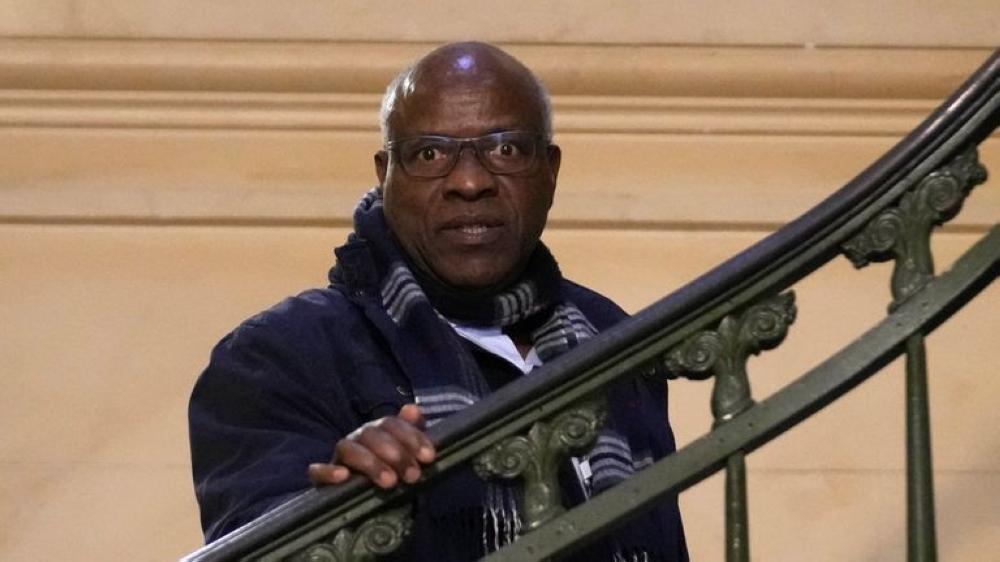Africa-Press – Rwanda. The Paris Court of Appeal recently upheld the 24-year prison sentence handed to Sosthène Munyemana for his role in the 1994 Genocide against the Tutsi. The former gynaecologist was found guilty of genocide, crimes against humanity, and complicity in genocide.
The decision, delivered on October 23, maintained the same sentence issued by the lower court in 2023. Munyemana’s appeal hearings, which began on September 16, revisited atrocities committed in the former Butare Prefecture during the Genocide.
With the appellate court’s decision now confirmed, questions arise over whether the convicted Munyemana has any more room for filing an appeal.
Speaking to The New Times, Richard Gisagara, a France-based lawyer well-known for representing genocide survivors in various trials, explained that Munyemana’s options are now limited.
“Since this was an appellate decision, he no longer has the possibility to appeal the case on its facts,” he said.
However, he noted that Munyemana might still file an appeal to the Court of Cassation.
“The Court of Cassation does not re-examine the facts or evidence but only verifies whether the appellate court’s decision complied with the law and procedural rules. If it finds a legal error, it may quash the judgment and refer the case to another appellate court for a new trial,” Gisagara explained.
He further pointed out that civil parties do not participate directly in proceedings before the Court of Cassation, as this stage deals strictly with legal and procedural matters.
“Therefore, no new hearings of witnesses take place at this stage,” he added.
As of now, it has not been publicly confirmed whether Munyemana has filed a case to the court of cassation. According to Gisagara, he had a 10-day window following the appellate court’s decision to do so.
“If he did, we would be informed,” he said.
Similarly, Alain Gauthier, co-founder and president of the Collectif des Parties Civiles pour le Rwanda (CPCR), noted that Munyemana’s 24-year sentence includes a mandatory 12-year minimum term.
“He will not be eligible for early release for 12 years. Initially, it was eight years. He has therefore lost four years,” Gauthier explained.
Gauthier confirmed that the only remaining option for Munyemana is to appeal to the Court of Cassation.
“But that is no longer relevant to us as a civil party. His lawyers would have to develop grounds for appeal not on the merits, but on procedural issues. In my opinion, there is little hope for him,” he said, adding that “However, I don’t know if he has appealed. For us, that chapter is closed.”
Gauthier further added that, as a civil party, their attention has now shifted to other genocide-related trials scheduled to take place in France in 2026.
“The appeal of Claude Muhayimana, sentenced to 14 years in the first instance, will take place in February. The appeal of Eugène Rwamucyo, who received a 27-year sentence, is scheduled for June. Finally, in November, there will be the first-instance trial of Madjaliwa Safari from Nyanza District, who is currently in custody,” Gauthier said.
As it stands, the verdict against Munyemana, one of the genocide convicts tried in France, remains unchanged, with only one legal window left to challenge it.
For More News And Analysis About Rwanda Follow Africa-Press






